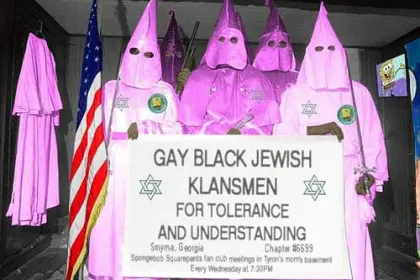Martin Luther In Life and Death, Part 10: Luther Declares War
Martin Luther In Life and Death, Part 10: Luther Declares War.
In our last segment of these presentations, we saw that with the promises of military support which were offered to him by Franz Sickingen and Sylvester von Schaumburg, Martin Luther was emboldened to the point of even declaring war against the papacy. With this we may feel the urge to jump ahead and get to the more exciting parts of this history, but then we would skip over the more important lessons which are found in the investigation of the motivations of individuals that lie behind the actual historical events. Taking the slow route, and examining the details, we shall indeed uncover at least many of the motives behind Martin Luther and the other men who led the Reformation and founded at least some varieties of the Protestant faith.
We left our author with his comments concerning Martin Luther's ‘Address to the Christian Nobility of the German Nation’ which he made in August of 1520, where he had concluded that “With unsparing energy Luther endeavoured to stir up German national feeling against Italy and in favour of his own cause. According to him the Italians were steeped in every kind of vice, and yet so proud and haughty that they looked upon the Germans as scarcely human. Luther’s address to the German nobility was a martial summons to the fiercest onslaught.”











 Please click here for our mailing list sign-up page.
Please click here for our mailing list sign-up page.







Recent comments